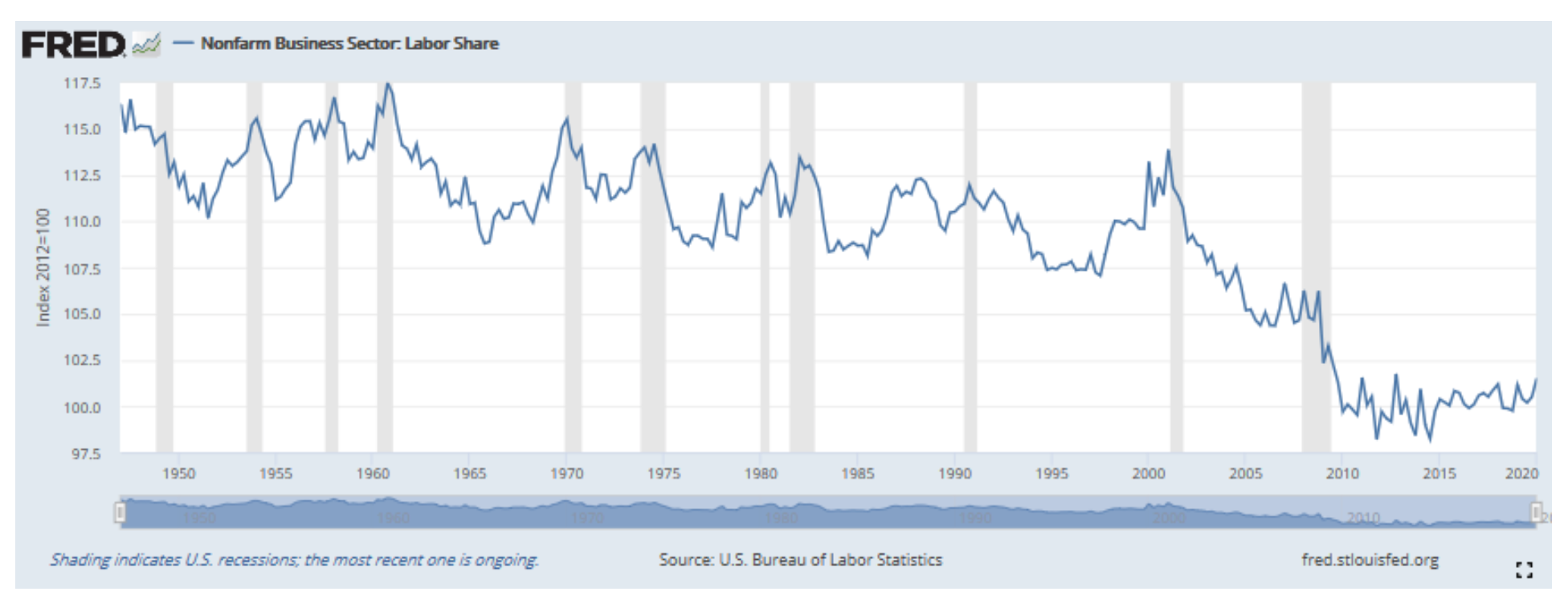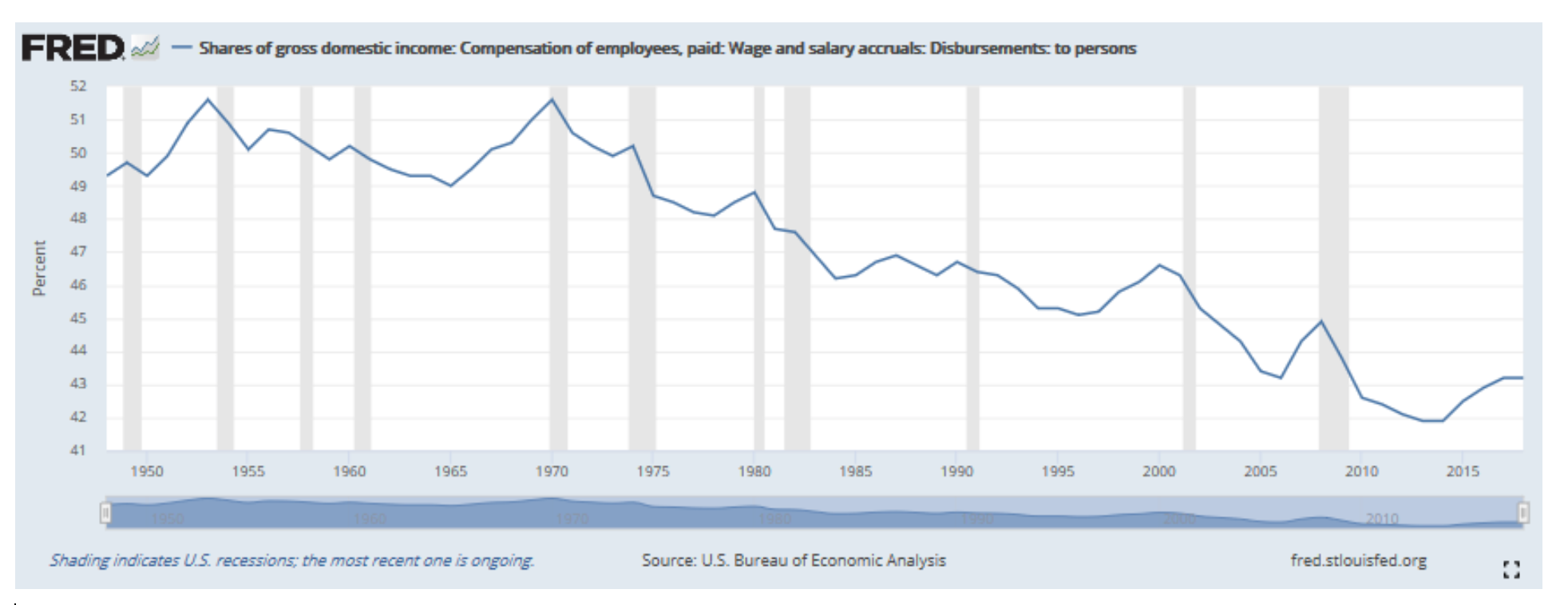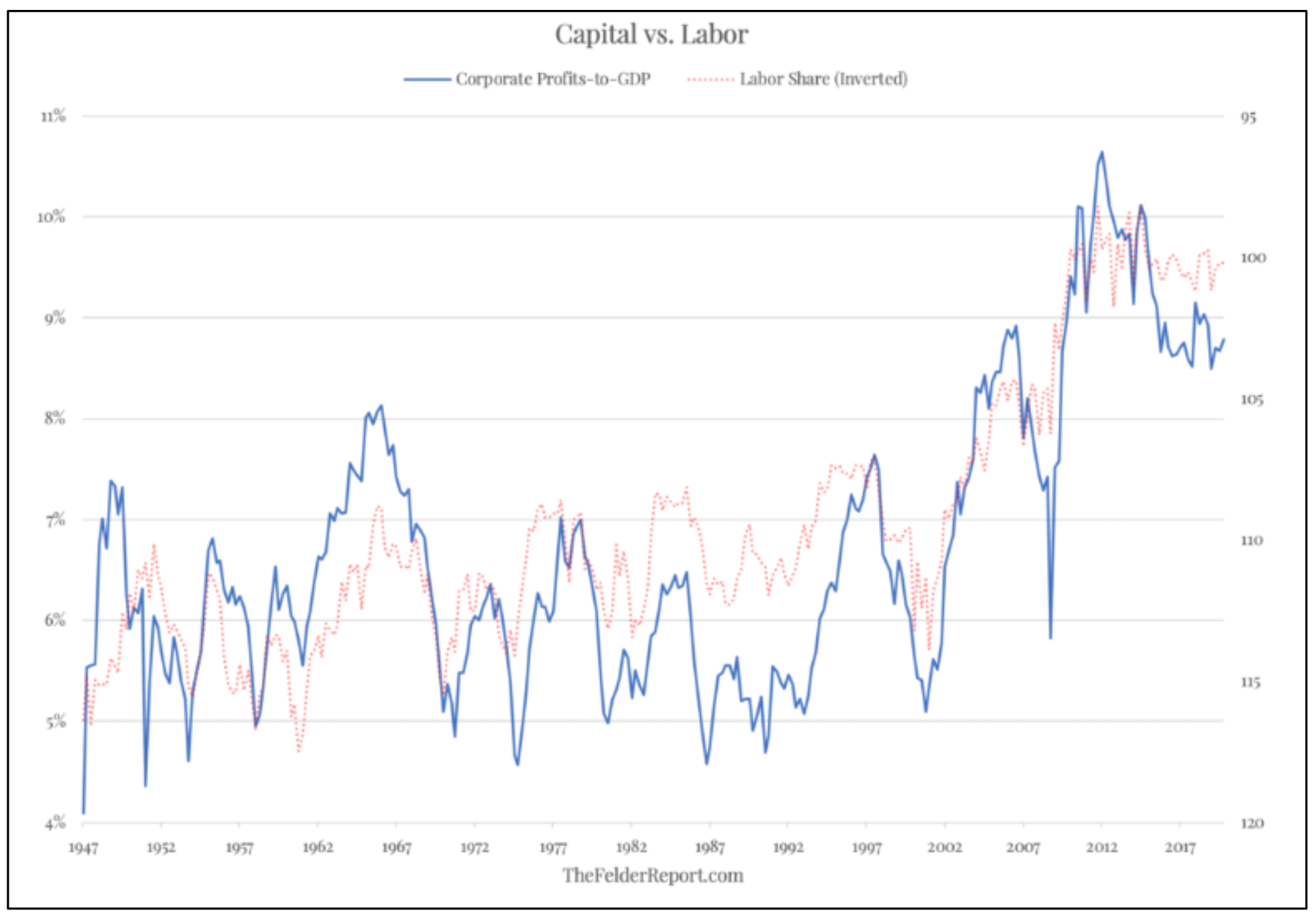
The last few months have brought rioting, targeted violence toward police officers and conservatives, flag burning, and wanton destruction in U.S. cities. American society is also in turmoil. Ordinary Americans fear being “canceled” for saying the wrong thing or having the wrong ideas.
Two New York Times editors have been ousted, and reporters all over the country feel increased pressure to conform to a specific narrative. A Chicago Federal Reserve economist was fired for politely criticizing the policy positions of the Black Lives Matter (BLM) organization. These are but a few examples.
Some of America’s largest multinational corporations are not just captive to the new trend of wokeness — they are pushing it. The NBA and Nike are prime examples. Nike pulled a shoe with the Betsy Ross American flag after its paid endorser Colin Kaepernick objected.
The company is still more than happy to employ few Americans to make its products, instead using the lowest possible labor standards abroad, including forced labor. The NBA aggressively suppresses any speech critical of Chinese human rights abuses, while pushing left-wing politics at home.
The powerful tech giants — Google, Apple, Facebook, and Amazon — have also embraced corporate wokeness, to the point of aggressively censoring conservative speech on the platforms they have created, and attempting to shape public opinion based on the information they provide to consumers.
A host of other corporations have contributed millions of dollars to groups such as BLM in the name of fighting racism, encouraging their customers to do the same. Keep in mind there is a difference between the phrase “black lives matter” and the group BLM, which has controversial policy positions, including calls for abolishing the nuclear family and local police departments. None of these corporations have even remotely explained how their donations will actually fight racism or inequalities.
The biased mainstream media is also run by major corporations: CBS and Viacom, NBC Universal and Comcast, ABC and Walt Disney, CNN and AT&T. The bias isn’t merely the spin on what is covered. There are certain stories or topics — including those involving Jeffrey Epstein, the intelligence agencies, or how our economic system affects the working class — that these organizations simply will not cover.
This Can All Be Explained by One Simple Metric
There’s a simple explanation for corporate wokeness, aside from the left’s relative intolerance, and it has everything to do with economics. Currently capital is taking a historically large chunk of the American economic pie versus labor. Keeping the conversation about race, white privilege, gender, and sexual minorities, all of which are amorphous and hard to resolve, moves the conversation away from class and economic privilege.
Over the last 20 years, corporate profits have soared to record highs. As the return to the owners of capital as a percent of national income (GDP) remains extremely elevated, relative to history, labor’s share of national income has moved to record lows. In plain English, this means that of the national income generated by economic activity in the United States, everyday working Americans are getting less and less of the pie. Smart people have predicted a reversion to the mean, and this simply hasn’t happened.


It’s worth noting that while these percent changes may appear small, they significantly affect millions of Americans — depending on their education and career — who have experienced flat real (inflation-adjusted) wages for decades. Noncash compensation has gone up, but this is hard to measure, and these benefits mostly go toward health care, where prices have also drastically increased.
The problem of flat wages is especially concentrated in blue-collar industries that employ mostly men, which means the overall picture doesn’t tell the full story for these workers. In other words, this decline in labor’s share of national income has almost exclusively hit the American working class.

Meanwhile, America’s working class is mired in much lower social mobility than 50 years ago, meaning that even as their share of the economic pie is shrinking, fewer and fewer working-class Americans can climb the social ladder. Lower growth in the last two decades versus the trend from World War II to 2000 means the overall pie is also growing less quickly than before.
Can’t income to labor and corporate profits both go up? No. As financial writer Jesse Felder shows in a chart (in an article well worth reading), the two measures are extremely inversely correlated. Maybe corporate profits getting about a 10 percent cut from national income doesn’t seem high, but capital’s overall share of national income is much higher — corporate profits are just one part of capital’s overall share.
The cause of labor’s decreased share of national income is multifaceted, and it includes globalization and trade policy, where jobs can easily be shipped overseas, as well as the lack of an updated antitrust framework and lax antitrust enforcement. Another factor is the increased investment in short-lived intangible assets (such as software) and the lack of investment in long-lived assets (such as factories), which has boosted the productivity of knowledge-economy workers while causing stagnant productivity and wages for many blue-collar workers.
Why Corporations Push Wokeness
Corporations push wokeness, higher education institutions love launching “sensitivity trainings,” and CEOs love the book “White Fragility” precisely because it moves the conversation away from economic privilege, the extreme cartelization of parts of the economy, the lack of American social mobility, and the collapse of working-class American families and civil society.
Focusing instead on the amorphous boogeyman of racism shields the economic system from direct or thoughtful scrutiny. Racism is a problem, but it will be unsolvable as long as extreme economic inequalities exist between whites and blacks — many of which stem from economic issues, not explicitly racial issues.
Multinational companies such as Nike are perfectly happy to be woke if that means not talking about their supply chains, their close ties to China, or the few Americans they employ. Coupled with the fact that the left is much more likely to launch boycotts than is the right, the recent actions of multinational corporations are financially, though not morally, logical.
The Democratic Party loves the focus on sex and race over class too, because the party establishment long ago abandoned working-class blacks and whites in favor of identity politics, corporatism, and cultural leftism.
How We Get Corporatist Marxism
This helps explain the extreme left-wing movement taking hold in America today. First, the movement is extremely and obviously Marxist. BLM explicitly says it is a Marxist organization, and many of the radical left rioters and protesters, who are mostly white Americans, are the products of neo-Marxist indoctrination in our highly taxpayer-subsidized university system.
Just like Marxists of old, the new movement views wrongthink as unforgivable, but the new Marxism is also extremely corporatist. Yes, the useful-idiot foot soldiers might trash a Starbucks or loot a Target, but they have much greater ire toward traditional Christianity, the police, and America’s founding than they do toward any corporation — go ask them.
Corporations and establishment Democrats might be riding a tiger that will soon turn on them, but in many ways they are spurring the tiger on, directing it, and whispering in its ear. Although a few Democratic lawmakers have plans for a huge economic overhaul of America, mainstream Democrats and big tech companies don’t seem very concerned.
That’s because even left-wing Democrats don’t plan to fundamentally change anything about the working class, globalization, or the economic assumptions we have made in the last 50 years. Look at the cities far-left Democrats run. They’ll make poor black American neighborhoods less safe by limiting the police. They’ll launch green initiatives that amount to little more than public displays of environmentalism and hit the working class with higher energy bills.
But they have fundamentally no problem with the existing corporate power structure. The wealth in cities such as Minneapolis runs in lockstep with politicians, not in opposition to them. The new Marxists want to ensure their own people hold positions of power in business and that opponents are pushed out, but there is no push to de-cartelize the economy, increase social mobility, or actually redistribute income and privilege.
It follows, then, that what we see today is some strange and insidious union between corporatism and Marxism. The focus of this corporatist Marxism is exclusively on issues of sex and race, to the point that anyone talking about inequalities in terms of economics is guilty of wrongthink. The left’s pushback against Bernie Sanders, who initially talked exclusively about class rather than race or sex, is instructive.
So yes, multinational corporations think they can ride this tiger for some time. Even the neo-Marxist college professors, who have trained this generation of neo-Marxists, reek of corporatism. They work in a protected and highly cartelized industry, rake in salaries far higher than the average American, drive fancy cars, and live in cloistered and often lily-white neighborhoods.
What Can Be Done?
The antidote to this growing virus is for a major political movement in America to actually take up working- and middle-class values — cultural conservatism and targeted economic interventionism — values that the vast majority of the American people still hold. Right now, the Republican Party is the only one suited to be a delivery vehicle for this antidote.
Doesn’t a shift toward economic interventionism directly contradict a core tenant of the Republican Party? Not at all. The key is realizing the many areas where the government has stacked the deck against the working class.
Too often, Republican politicians and party leaders have practiced buffet-line libertarianism. They are perfectly happy to lower taxes and deregulate the economy, but they fail to acknowledge that existing government interventions regarding trade, fiscal deficits, bailouts, and monetary policy have uniquely harmed the working class. Instead, in the 21st century, the GOP should pursue a policy platform of Middle Class Capitalism and American Families First, with the explicit goal of raising labor’s share of GDP and restoring America’s culture.
Middle Class Capitalism would prioritize:
- Bringing back heavy industry and manufacturing to the United States, including through a general tariff to fund manufacturing and supply-chain-focused infrastructure.
- Punishing companies, including media, that have ties to China or use what amounts to slave labor.
- Launching updated antitrust enforcement, including through new legislation targeting industries plagued by cartel behavior, such as health care, higher education, the media, and tech giants.
- Balancing long-term federal budgets because high fiscal deficits drain productivity growth — which boosts real wages — and often redistribute wealth from bottom to top.
- Reforming monetary policy, both internationally and domestically, to incentivize more production and higher wages here in America (Felder notes that “monetary policy over the past couple of decades has … shifted toward aggressively and directly supporting capital [via financial asset prices, possibly at the expense of labor]”).
A program of American Families First includes:
- Ending the marriage penalties in America’s welfare system, making America’s safety net less tied to household income and causing the safety net to be more compassionate to two-parent families and Americans with disabled children.
- Reforming state-level foster care and child-support systems and policies to emphasize the importance of two-parent families and stability in a child’s life.
- Reducing the flow of low-skilled immigrants into the United States. An influx of working-class people has a short-term effect on working-class wages, and a steady flow of blue-collar workers might suppress working-class wages in the long term.
- Reforming higher education and student loans, including forcing colleges to have more skin in the game with the degrees they offer, and launching a new alternative path of apprenticeships and technical education to directly compete with the four-year degree.
The Republican Party was originally the party of local communities, small and medium-sized business, the protection of domestic industry, and federalism. Let’s get back to those roots.









